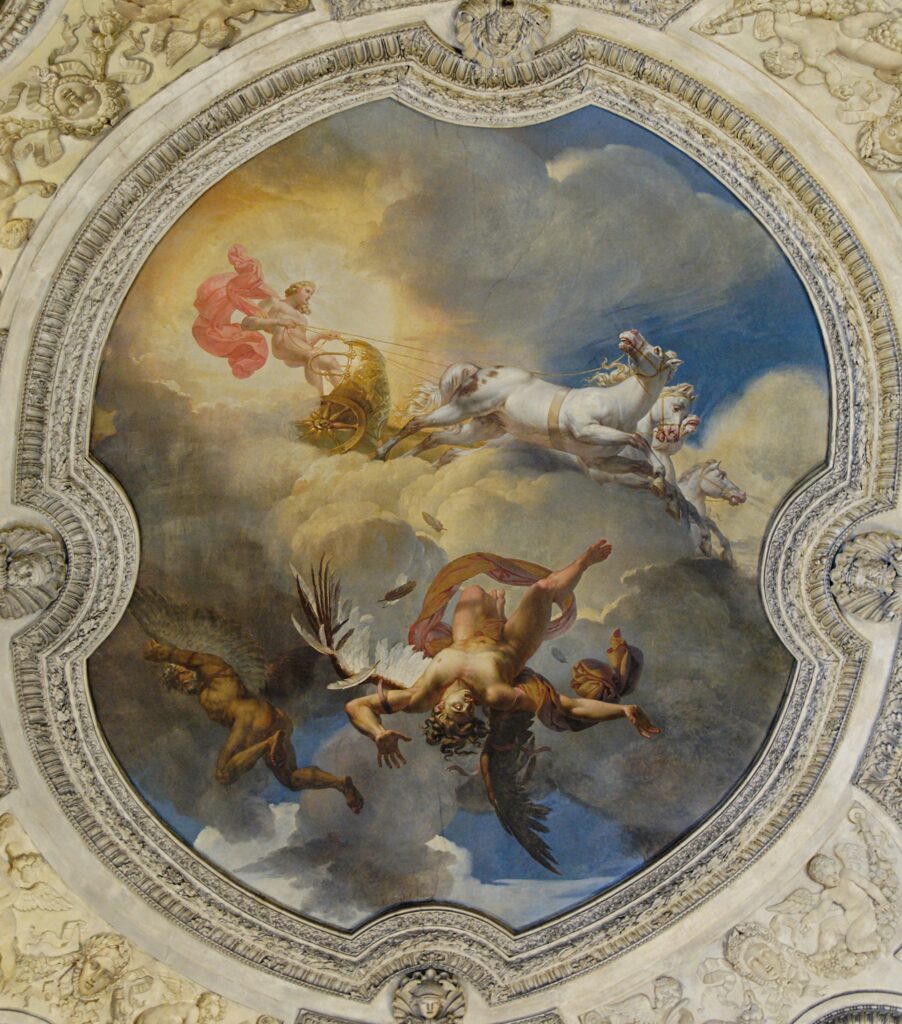Why Icarus?
Written by Emily McCullough

The first time I read the myth of Icarus, my heart broke. I love the story; I thought it was beautiful imagery, and it spoke to me as a writer. Something about the idea of wishing so hard to achieve, only to melt and quickly fall away from it connected with me. Like with all myths, this story was a simple way to explain the effects of greed, and pride. To me, however, this was a piece about love; the paternal love from the father to send his son out of the maze, the love to want to be as close to something as possible. And also, love that is not particularly positive. The fall, the burn of the wax as it melts and drips, the contact with the ocean. I wanted a piece that reflected this. Beauty and softness in a burning, painful situation.
When writing my poem, it started off as a traditional sonnet: 14 lines, iambic parameter, ten syllables. I wanted the tradition that felt right when writing about a myth. As I wrote and felt the piece out, I realized that was the issue. Nothing about this story goes according to plan, nothing is even and measured. So, I threw away the form. I focused on energy, and imagery. Gold was always the color in my mind, and texture. The feathers and wax, the walls of the labyrinth, the waves of the ocean. Everything about the Icarus myth took part in the making of this poem, and I hope that reading it brings about these same images.
Wax Wings
By Emily McCullough
I wish I could grow golden wax wings
And fly to the sky like Icarus.
With cotton white clouds that float; that sing
a siren’s lullaby of you,
the velvet blue sky. I wish to fall–
To watch your soft, silk smile above me.
My hands reach as sparrows call–
cashmere skies and your touch are all I see,
I long to feel, to let my fingers
run under chiffon that draws me to
Burning. Searing words linger.
Souls crease and tear once more.
I want to love you like Icarus–
my wax wings melted.
Emily McCullough is a senior at Ohio Wesleyan University, majoring in Creative Writing. She often engages in nature-based pieces, with an interest in literary gothic tradition, color, and emotion. She is inspired by ancient trees, music, and myth.
Featured image:
The Lament for Icarus, Herbert Draper, oil on canvas, 1898. This work is in the public domain. Image courtesy of the National Gallery of British Art.